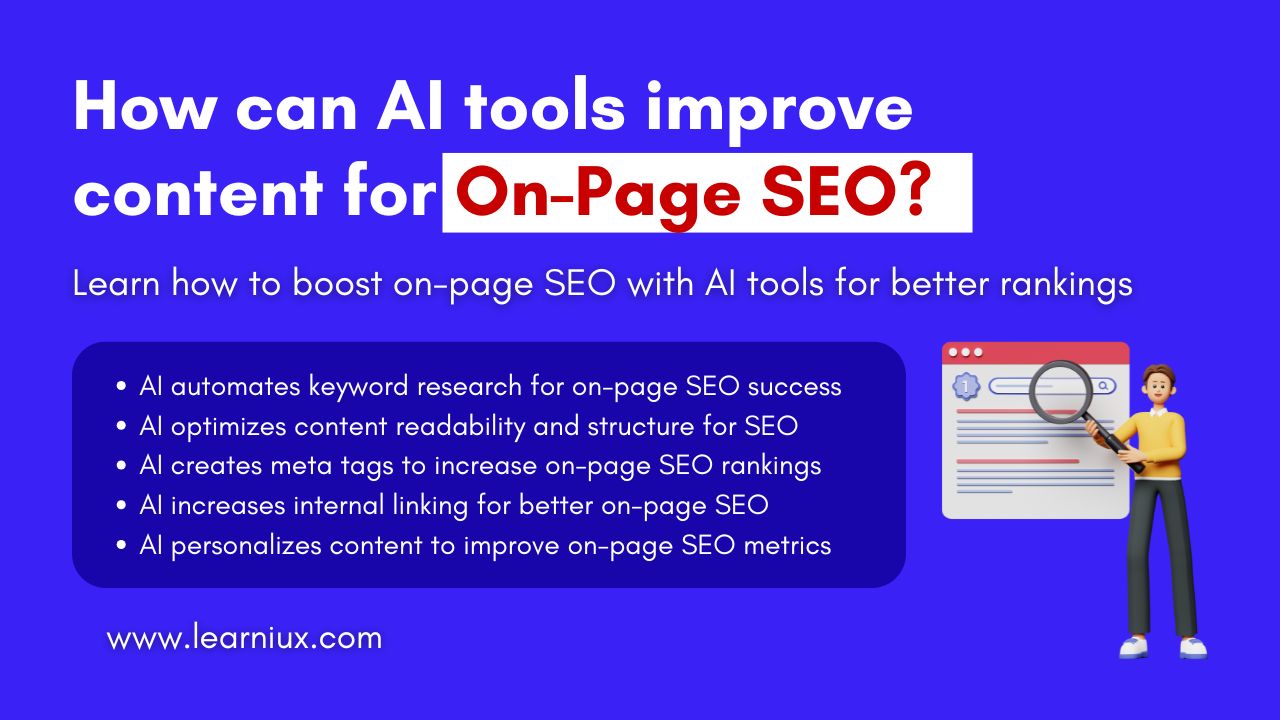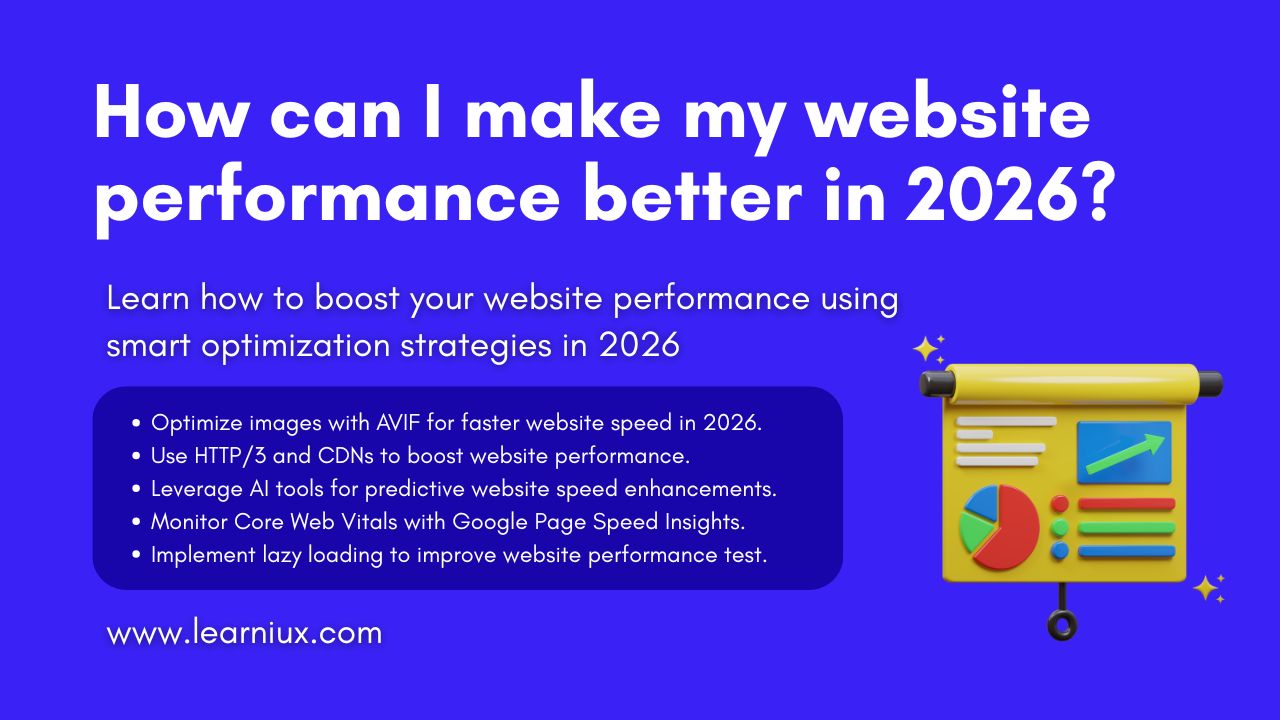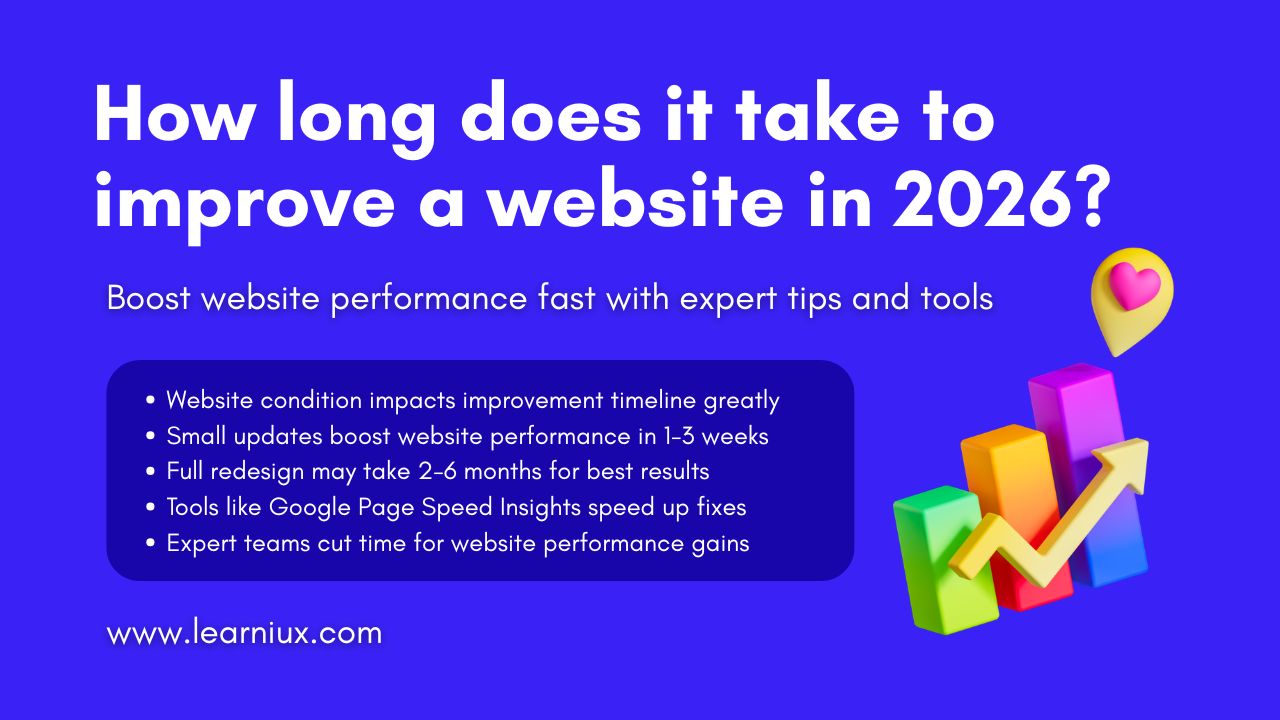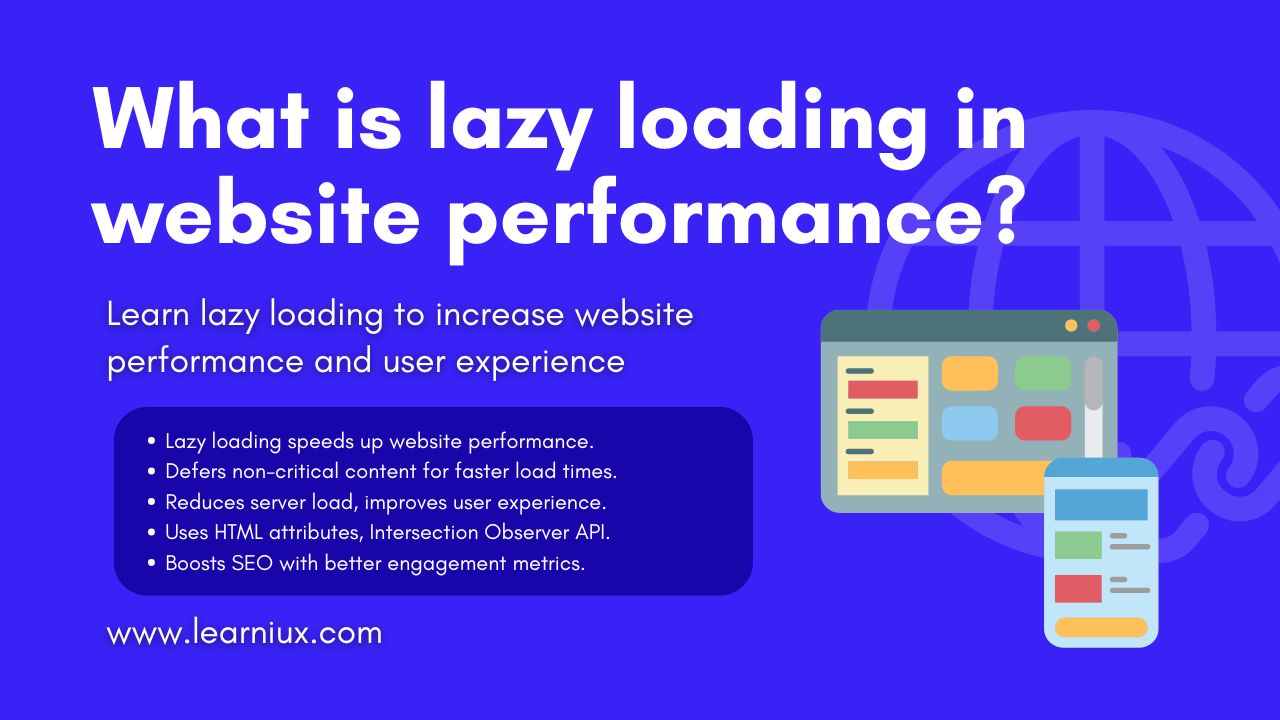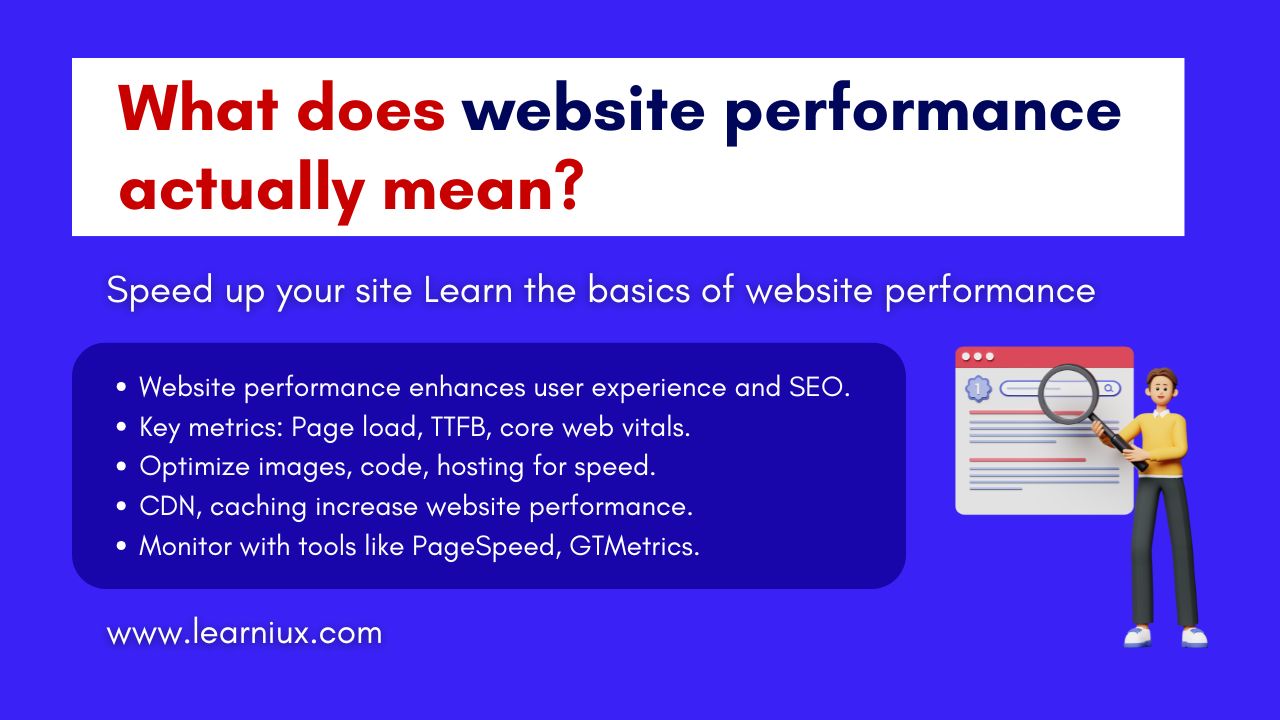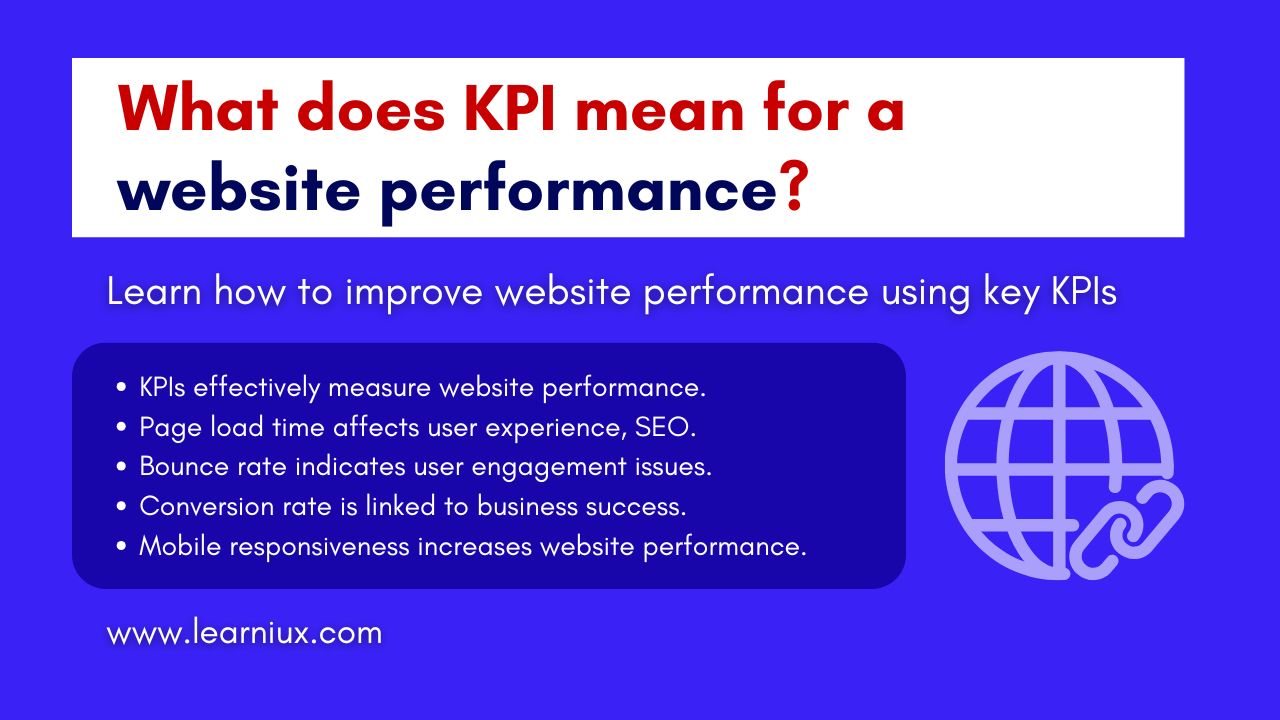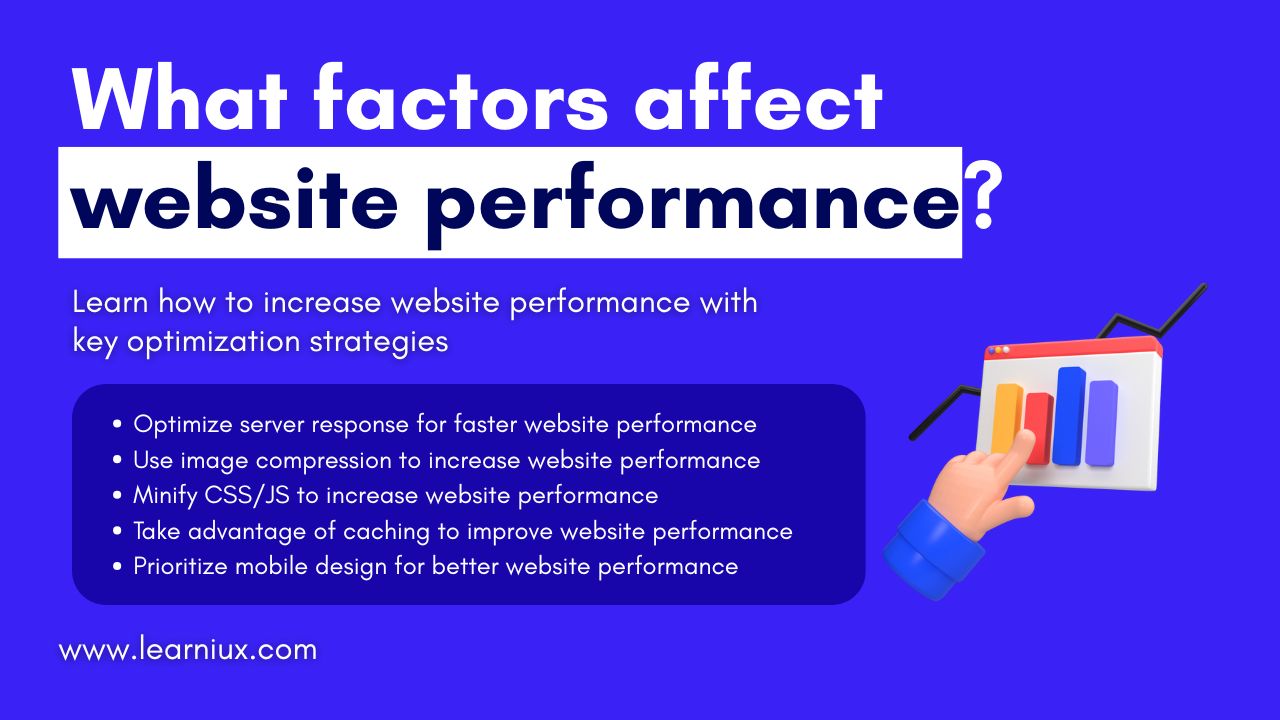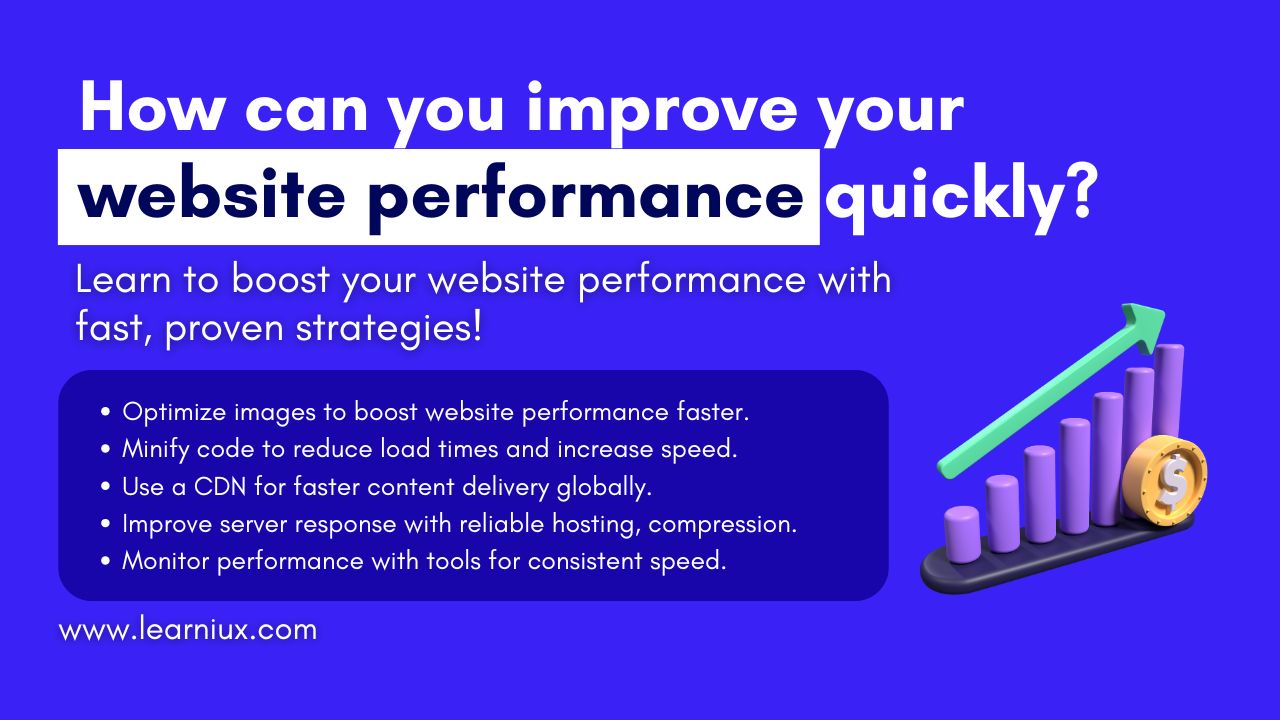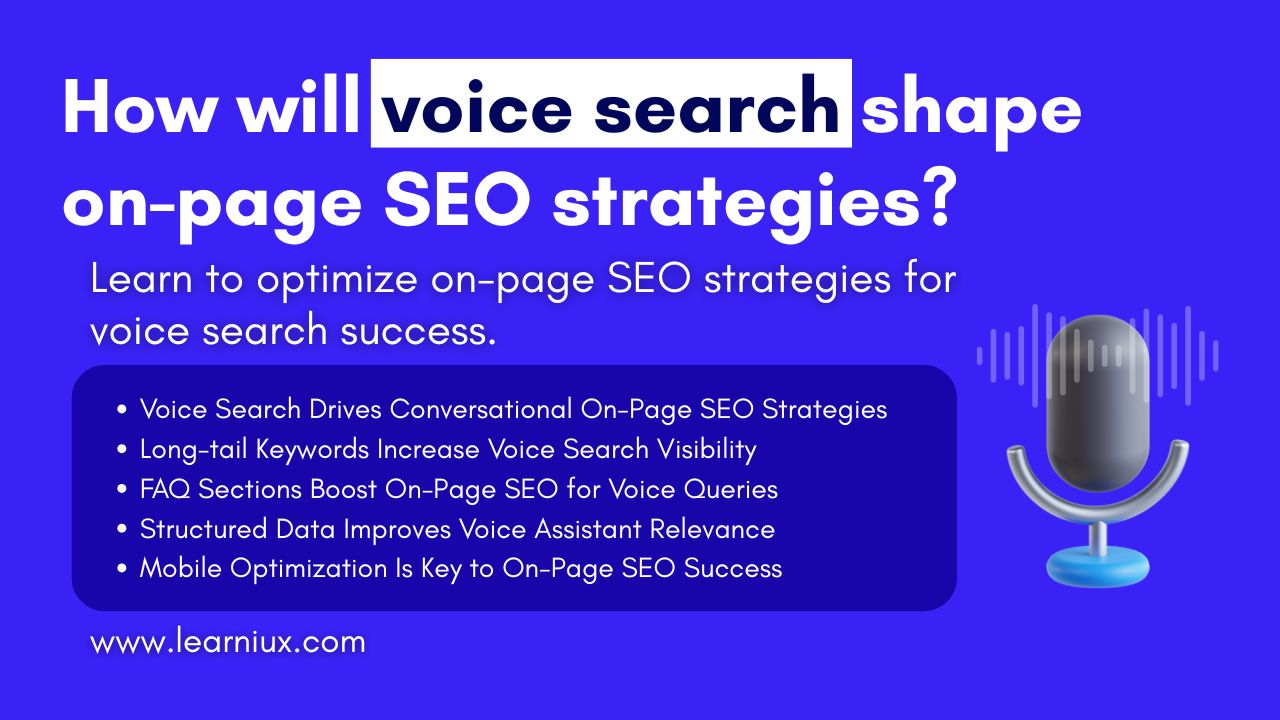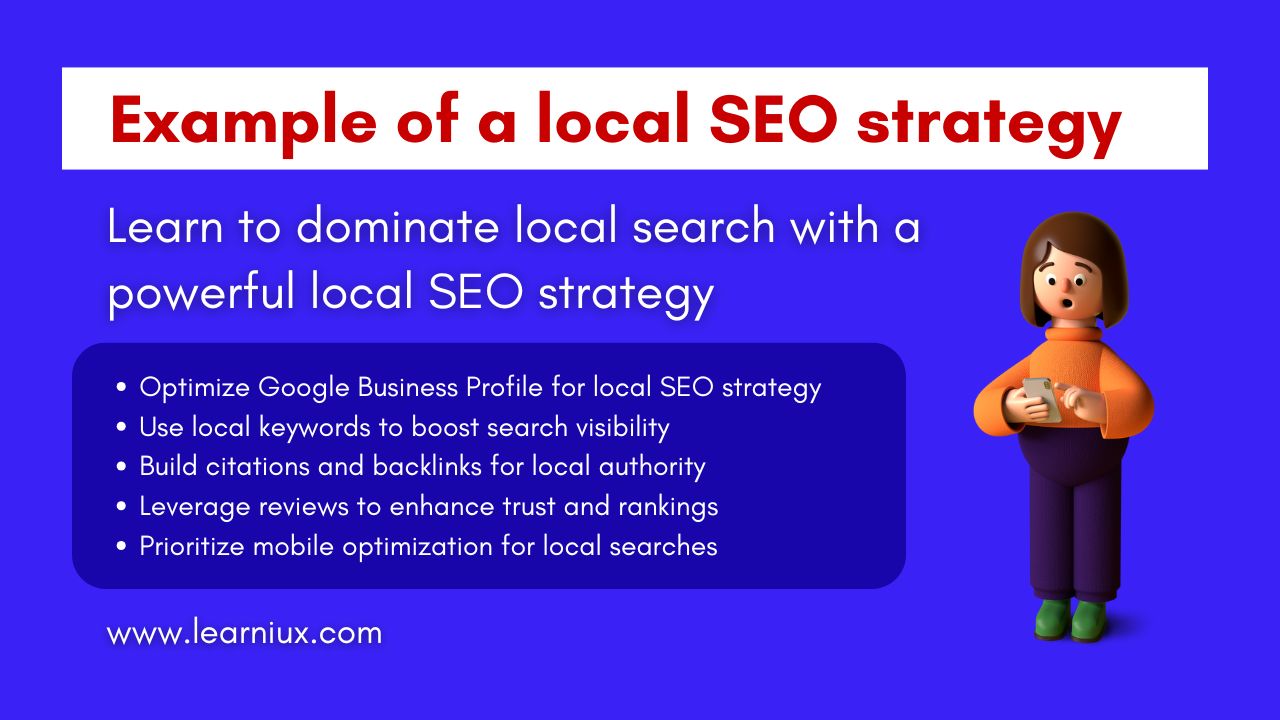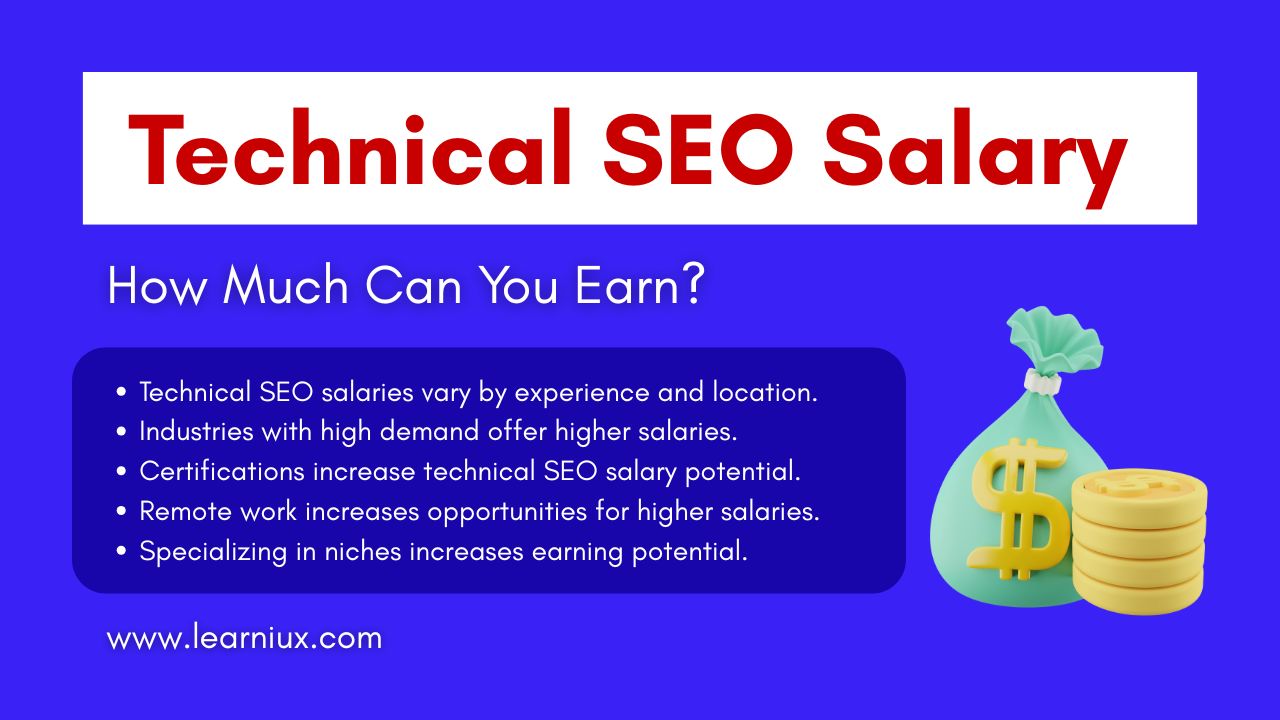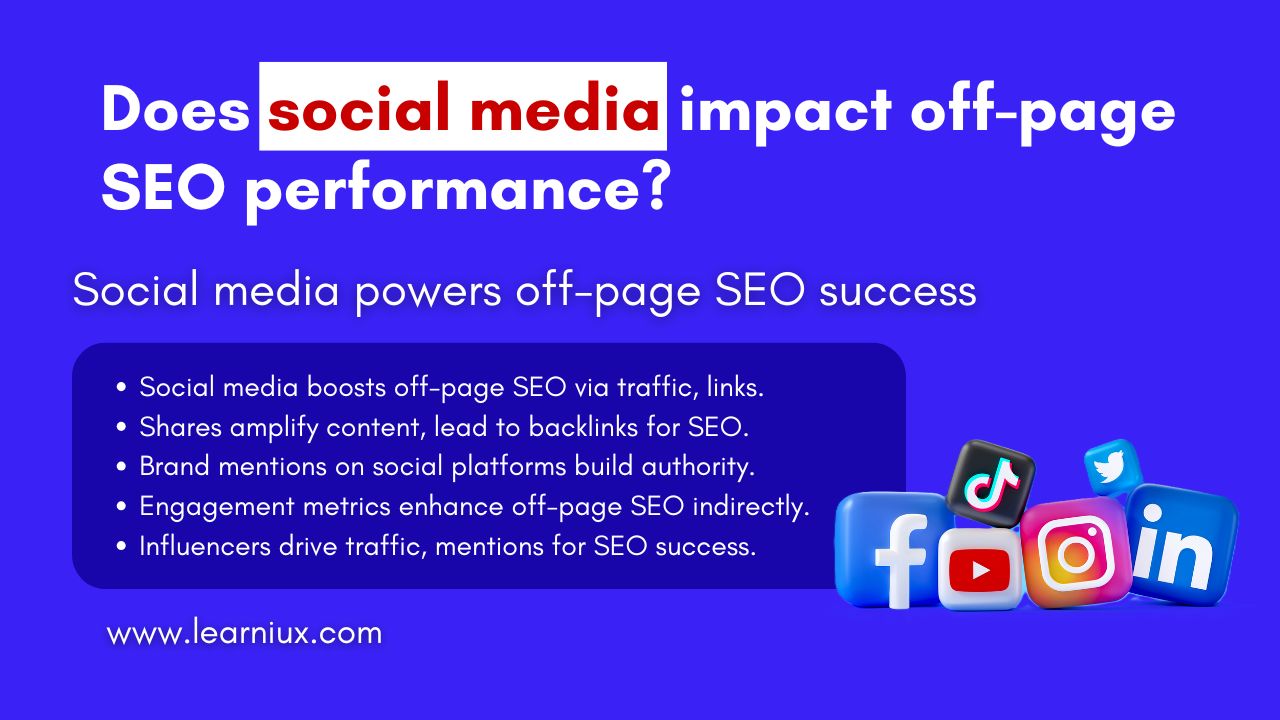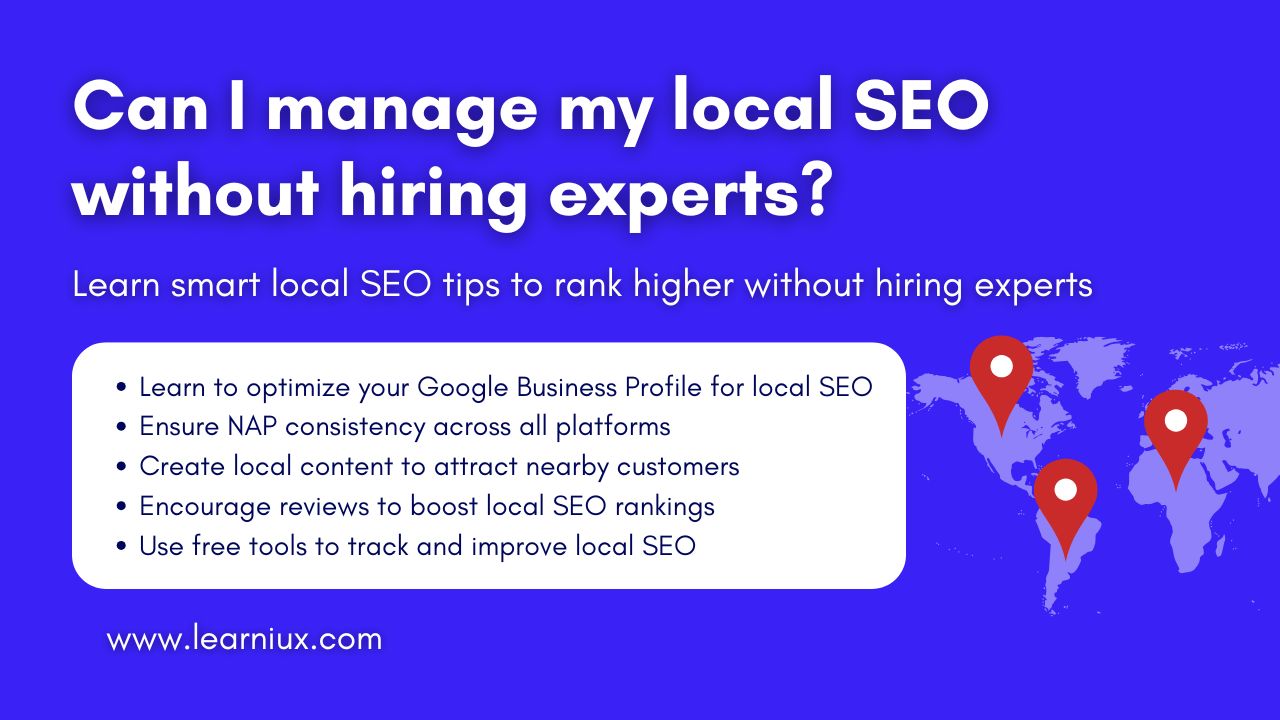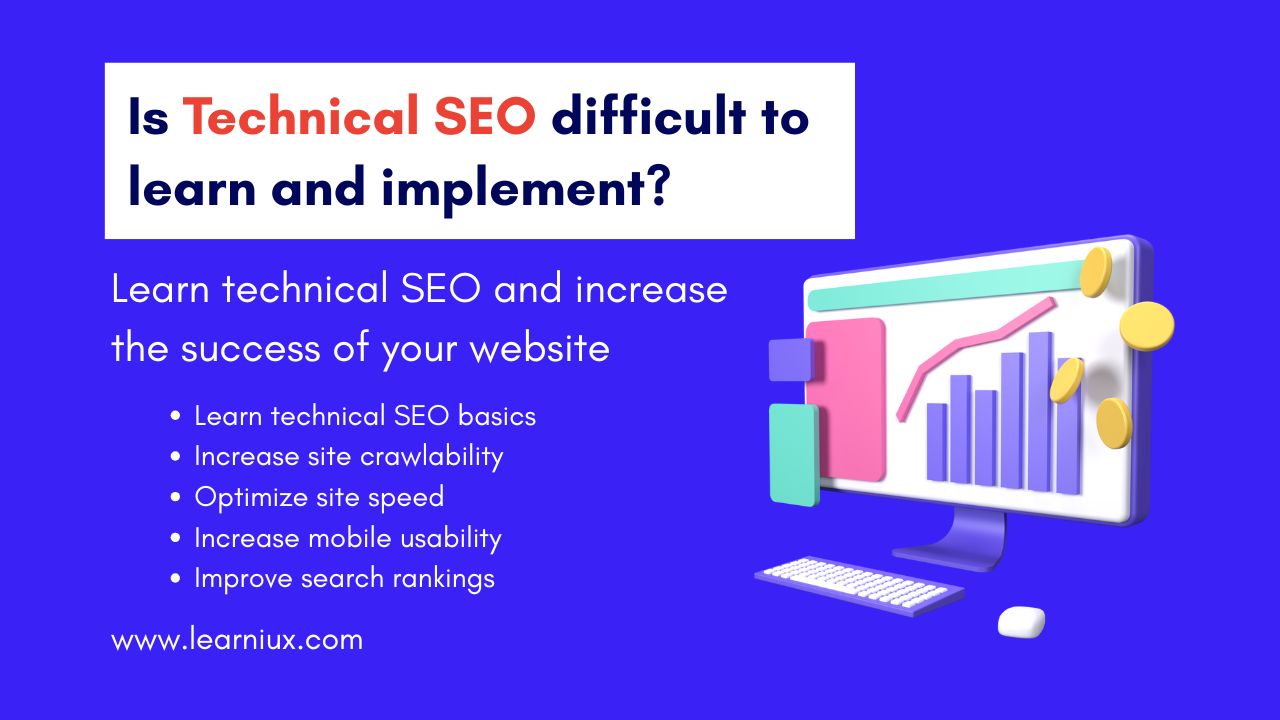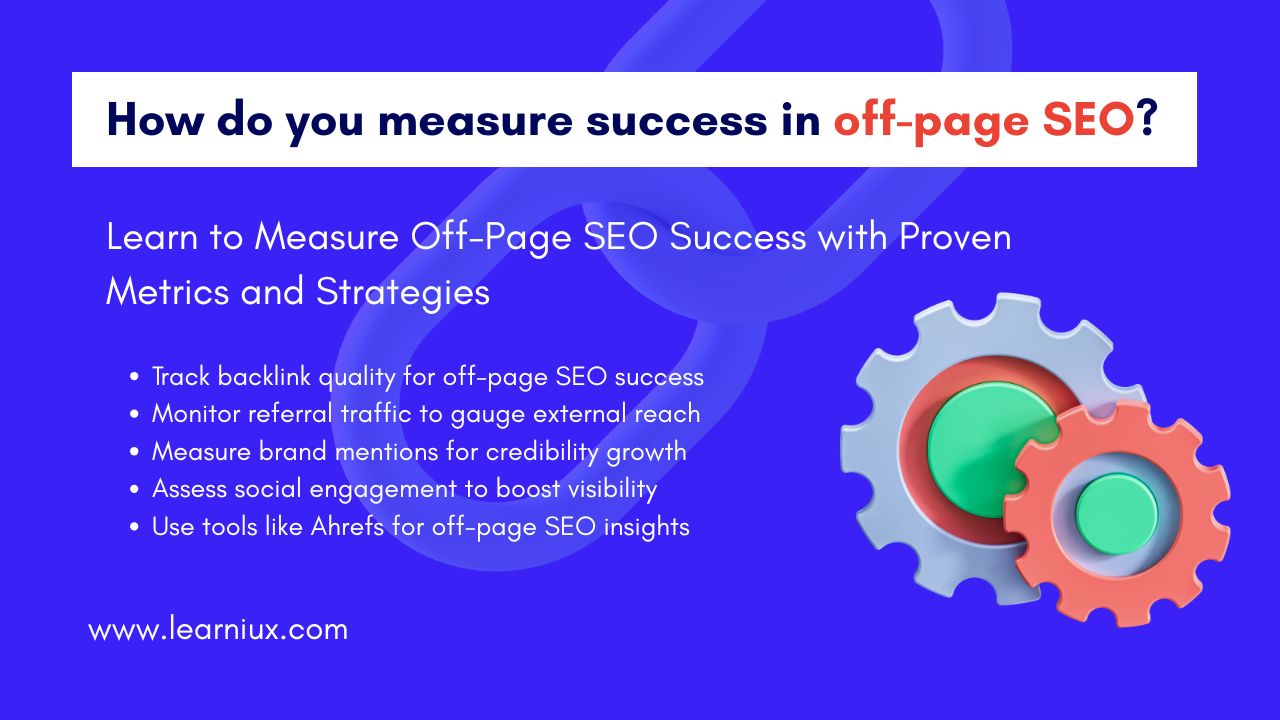In the ever-evolving world of digital marketing, achieving high visibility on search engines is a top priority for businesses and content creators. On-page SEO, the practice of optimizing individual web pages to rank higher and attract relevant traffic, is a cornerstone of this effort. With the rise of artificial intelligence, optimizing content for on-page SEO has become more efficient and accurate. AI tools enable marketers to create content that aligns with search engine algorithms while providing value to users. This article explores how AI tools enhance on-page SEO, providing actionable insights and strategies for using this technology effectively.
AI is transforming industries, and on-page SEO is no exception. From automating repetitive tasks to providing data-driven recommendations, AI tools streamline the optimization process, making it easier to create content that ranks well and engages your audience. By understanding user intent, predicting trends, and refining technical elements, AI ensures that your website meets the demands of modern search engines.
Understanding the Basics of On-Page SEO
On-page SEO focuses on directly optimizing the elements of your website to improve its search engine rankings. Unlike off-page elements like backlinks, on-page SEO deals with the elements under your control, such as content, keywords, meta tags, headings, and internal linking. Effective on-page SEO ensures that search engines can crawl, understand, and index your content, while users find it relevant and engaging.
Key Elements of On-Page SEO
To excel in on-page SEO, focus on several key areas. High-quality content is paramount – it addresses users’ questions, provides value, and naturally includes keywords. Title tags and meta descriptions should be compelling and keyword-rich to attract clicks. Headings (H1, H2, H3) should be logically structured to improve readability and signal content hierarchy to search engines. Internal linking strengthens site structure, while optimized images with descriptive alt text increase accessibility and relevance. By mastering these elements, you build a strong foundation for on-page SEO success.
Why On-Page SEO Matters
On-page SEO directly impacts how search engines view your website. Well-optimized pages rank higher, increase organic traffic, and improve user experience. For example, clear title structure and relevant keywords help search engines understand the purpose of your content, while fast-loading pages and mobile-friendly designs keep users engaged. AI tools take these basics to the next level by automating analysis and suggesting improvements tailored to current algorithms.
The Role of AI in Enhancing On-Page SEO
AI has revolutionized on-page SEO by introducing automation, accuracy, and scalability. These tools analyze large amounts of data to uncover insights that would be impossible to achieve manually. From identifying high-performing keywords to optimizing content structure, AI enables marketers to efficiently create SEO-friendly content.
AI-Driven Keyword Research for On-Page SEO
Keyword research is the backbone of on-page SEO. AI tools analyze search trends, user behavior, and competitor strategies to identify high-potential keywords. Unlike traditional methods, AI goes beyond basic keyword suggestions, offering long-tail phrases, meaningful variations, and question-based queries that match user intent. For example, AI can recommend phrases like “best practices for on-page SEO” or “how to optimize content for search engines” based on trending searches. This ensures that your content targets terms that drive traffic and conversions.
Content Optimization Using AI for On-Page SEO
Creating content that ranks well requires balancing keyword usage, readability, and engagement. AI tools evaluate drafts for keyword density, sentence structure, and overall coherence. They suggest improvements like breaking up long paragraphs, adding transition words, or including related terms to increase semantic relevance. By aligning content with on-page SEO best practices, AI ensures that your pages are both user-friendly and search-engine-friendly.
Personalizing Content for Better On-Page SEO Performance
User engagement is a key component of on-page SEO. AI analyzes user behavior, such as click-through rates, dwell times, and bounce rates, to personalize content. For example, AI can recommend content for specific audience segments based on their interests or location. Personalized content keeps visitors on your site longer, signaling to search engines that your page is valuable – a key on-page SEO metric.
Predicting Search Trends with AI for On-Page SEO
Staying ahead of search trends is essential to staying ranked. AI tools use predictive analytics to predict emerging topics and keywords. By analyzing real-time data from search engines and social platforms, AI identifies changes in user behavior, allowing you to tailor content to future demand. This proactive approach strengthens your on-page SEO strategy by keeping your content relevant and timely.
Automating On-Page Technical SEO Tasks
The technical aspects of on-page SEO, such as image optimization, schema markup, and site speed, can be time-consuming. AI automates these tasks with precision. For example, AI tools can create descriptive alt text for images, ensuring accessibility and keyword relevance. They can also create structured data (schema) to help search engines better understand your content. In addition, AI analyzes site performance, identifying issues like slow-loading pages that can hurt on-page SEO.
Specific Ways AI Tools Improve Content for On-Page SEO
AI tools offer a variety of capabilities that directly enhance content creation and optimization for on-page SEO. Below are some specific ways these tools make a difference.
Creating SEO Optimized Content with AI
AI-enabled content generators create drafts that include on-page SEO elements from the start. These tools use natural language processing (NLP) to create articles, blog posts, or product descriptions that are keyword-rich and structured for readability. For example, an AI tool can create article outlines with optimized H2 and H3 headings, ensuring proper keyword placement and content flow. This saves time while maintaining on-page SEO standards.
Increasing Content Readability for On-Page SEO
Readability is a key factor in user engagement and on-page SEO. AI tools analyze text for complexity, suggesting simpler words or shorter sentences to improve comprehension. They also recommend formatting changes, such as adding bullet points or subheadings, to make content scannable. By improving readability, AI ensures that users are engaged, which has a positive impact on on-page SEO metrics such as dwell time.
Optimizing Meta Tags and Descriptions for On-Page SEO
Meta tags and descriptions are crucial for click-through rates. AI tools create engaging, keyword-optimized meta descriptions that entice users to click. They also suggest title tags that balance keyword usage with clarity, ensuring alignment with on-page SEO best practices. For example, an AI tool might recommend a title like “How to Improve On-Page SEO with AI Tools” to capture both relevance and user interest.
Improving Internal Linking for On-Page SEO
Internal linking strengthens site structure and distributes page authority. AI tools analyze your website to suggest relevant internal links based on content similarity and user navigation patterns. This not only improves on-page SEO by helping search engines crawl your site, but also enhances the user experience by guiding visitors to relevant content.
Voice Search Optimization for On-Page SEO
With the rise of voice search, optimizing content for conversational queries is increasingly important. AI tools identify question-based and long-tail keywords commonly used in voice search, such as “What are the best on-page SEO strategies?” They then help integrate these phrases naturally into your content, increasing its visibility for voice search results and boosting on-page SEO.
Top AI Tools for On-Page SEO Improvement
There are many AI-powered tools designed to enhance on-page SEO. Below are some popular options and their key features.
Popular AI Tools for On-Page SEO and Their Features
- Keyword Analysis Tools: Platforms that analyze search trends provide real-time keyword suggestions, including long-tail and LSI (Latent Semantic Indexing) terms. These tools help you target phrases that align with your on-page SEO goals.
- Content Generators: AI writing tools create SEO-friendly drafts with optimized headlines, keywords, and meta tags. They ensure that the content is engaging and aligned with on-page SEO standards.
- Analytics Platforms: Tools that track on-page SEO metrics, such as bounce rate and page load times, provide insights to improve your strategy. They help you monitor the effectiveness of AI-driven optimizations.
- Technical SEO tools: AI platforms that focus on technical on-page SEO automate tasks like schema markup, image optimization, and site speed analysis, ensuring your site meets search engine requirements.
Choosing the right AI tool for on-page SEO
When choosing an AI tool, consider your specific needs, such as budget, scalability, and integration with existing platforms. Look for tools that offer comprehensive on-page SEO features, including keyword research, content optimization, and performance tracking. Testing multiple tools can help you find the best fit for your on-page SEO strategy.
Best Practices for Implementing AI in On-Page SEO
To maximize the benefits of AI, follow these best practices for integrating it into your on-page SEO workflow.
Integrating AI with Human Expertise for On-Page SEO
While AI is powerful, human oversight ensures that content remains authentic and aligned with brand goals. Use AI to create initial drafts, conduct keyword research, or analyze performance, then refine the output with human creativity and expertise. For example, an AI-generated article may need tone adjustments to match your brand voice, so that it resonates with your audience while maintaining on-page SEO standards.
Monitor and Measure On-Page SEO Success with AI
AI analytics tools provide detailed reports on key on-page SEO metrics such as organic traffic, keyword rankings, and user engagement. Review these insights regularly to identify areas for improvement. For example, if an AI tool shows a high bounce rate, check to see if you need to adjust the content relevance or page speed. Continuous monitoring ensures that your on-page SEO strategy evolves with search engine algorithms.
Staying up to date with AI and on-page SEO trends
Search engine algorithms change frequently, and AI tools can help you stay ahead. Subscribe to updates from AI tool providers and industry blogs to learn about new features or algorithm changes. By adapting your on-page SEO strategy to these changes, you can maintain a competitive edge.
Challenges of Using AI for On-Page SEO
While AI offers many benefits, it is not without its challenges. Over-reliance on AI can lead to generic content lacking originality. Additionally, some tools may not fully understand specific industries or complex user intent. To mitigate these issues, always review AI-generated content for accuracy and relevance. Combining AI with human expertise ensures that your on-page SEO efforts remain effective and authentic.
Avoiding Over-Optimization in On-Page SEO
AI tools sometimes suggest excessive keyword usage, which can hurt on-page SEO by triggering penalties for keyword stuffing. Make sure keywords are being used naturally and focus on creating content for users, not just search engines. A balanced approach will keep your on-page SEO strategy sustainable.
The Future of AI in On-Page SEO
With the advancement of technology, the role of AI in on-page SEO is set to grow. Emerging trends include greater integration of AI with voice search, visual search, and natural language understanding. For example, AI could soon optimize content for image-based search or generate dynamic meta descriptions based on real-time user queries. Staying informed about these developments will help you leverage AI to maintain strong on-page SEO performance.
Conclusion
AI tools are revolutionizing on-page SEO by simplifying complex processes and delivering data-driven results. These tools excel at automating tasks like keyword research, content optimization, and technical SEO, allowing marketers to efficiently create high-quality content. By analyzing vast datasets, AI identifies high-potential keywords, suggests content improvements, and ensures that technical elements like meta tags and site speed align with on-page SEO best practices. This automation saves valuable time, allowing businesses to focus on creating engaging, user-centric content that ranks well on search engines. As search algorithms evolve, AI tools provide the agility needed to adapt quickly, keeping your on-page SEO strategy effective and competitive.
However, the real power of AI in on-page SEO lies in its synergy with human expertise. AI can create optimized drafts and provide actionable insights, while human oversight ensures that content remains authentic, relevant, and aligned with brand goals. By combining AI-driven recommendations with creative refinement, you can create content that not only ranks high but also resonates with your audience. Regularly monitoring performance metrics through AI analytics helps identify areas for improvement, such as increasing user engagement or reducing bounce rates. By adopting AI tools and following best practices, you can enhance your on-page SEO efforts, increase organic traffic, and maintain a strong digital presence in an ever-changing search landscape.
FAQs
What are AI tools for on-page SEO?
AI tools for on-page SEO are advanced software solutions that use artificial intelligence to optimize website content for better search engine rankings. These tools analyze vast datasets to identify high-potential keywords, suggest content improvements, and automate technical tasks like meta tag creation. They help streamline processes like keyword research, content structuring, and performance tracking. By understanding user intent, AI ensures that content aligns with search engine algorithms. These tools also increase readability and engagement, which are crucial for on-page SEO success. For example, they can recommend long-tail keywords or optimize heading structures. Human oversight is required to maintain authenticity in AI-generated content. By integrating AI, businesses can efficiently create SEO-friendly content. This combination improves organic traffic and user experience.
How do AI tools for on-page SEO help with keyword research?
AI tools are revolutionizing keyword research for on-page SEO by analyzing search trends and user behavior. They identify high-performing keywords with long-tail and semantic variations that align with user intent. Unlike manual methods, AI processes large amounts of data quickly, providing accurate suggestions. These tools also predict emerging keyword trends, which keeps content relevant. For example, AI can recommend phrases like “best on-page SEO practices” based on current searches. They also analyze competitor strategies to find gaps in keywords. This helps create content that ranks high and attracts targeted traffic. AI ensures that keywords are used naturally, avoiding over-optimization. Human review ensures that suggestions align with brand goals. Overall, AI makes keyword research faster and more effective.
Can AI tools improve content readability for on-page SEO?
Yes, AI tools can significantly improve content readability, which is an important component of on-page SEO. They analyze text for complexity, suggesting simpler words or shorter sentences to improve comprehension. AI also recommends formatting changes, such as adding bullet points or subheadings, to make content scannable. This improves user engagement, reduces bounce rates, and increases dwell time, both of which are important for on-page SEO. For example, AI can flag long paragraphs and suggest breaking them up. It ensures that keywords are naturally grouped together to maintain flow. These tools also assess tone and style to match audience preferences. By improving readability, AI helps content rank better and retain visitors. Human editors should review suggestions for brand consistency. This approach ensures that content is user-friendly and SEO-optimized.
How do AI tools optimize meta tags for on-page SEO?
AI tools optimize meta tags for on-page SEO by creating compelling, keyword-rich title tags and meta descriptions. They analyze search intent to create descriptions that attract clicks while including relevant keywords. AI ensures that meta tags are concise, typically within 60 characters for titles and 160 characters for descriptions. It also suggests variations to improve click-through rates, a key on-page SEO metric. For example, AI might recommend a title like “Boost on-page SEO with AI tools” for clarity and relevance. These tools check for keyword overuse to avoid penalties. They also align meta tags with content to ensure consistency. AI suggestions for human input improve brand voice. This automation saves time and improves search visibility. Optimized meta tags drive more organic traffic.
How do AI tools for on-page SEO increase internal linking?
AI tools increase internal linking for on-page SEO by analyzing website content and suggesting relevant links. They identify pages with similar topics or complementary information, improving site navigation. This strengthens the site structure, helping search engines crawl and index pages effectively. Internal links also distribute page authority, increasing on-page SEO performance. AI tools recommend anchor text that naturally includes keywords, increasing relevancy. For example, they can suggest linking to a blog post on “On-Page SEO Tips” in related content. This improves the user experience by guiding visitors to valuable resources. AI ensures that links are contextually appropriate and not excessive. Human oversight ensures that links align with strategic goals. Ultimately, AI-driven internal linking increases both SEO and user engagement.
How do AI tools for on-page SEO support voice search optimization?
AI tools for on-page SEO support voice search optimization by identifying conversational and long-tail keywords. Voice search often uses natural language, such as “What are on-page SEO best practices?” AI analyzes these queries to suggest relevant phrases for content. It ensures that keywords are naturally combined to match spoken queries. This improves visibility in voice search results, which increases the on-page SEO factor. AI also optimizes content for featured snippets, which are often used by voice assistants. For example, it can structure content to provide concise answers to questions. These tools track voice search trends to keep content relevant. Human editors refine AI suggestions for clarity and tone. By prioritizing voice search, AI increases on-page SEO performance and accessibility.
What role do AI tools play in technical on-page SEO?
AI tools streamline technical on-page SEO by automating tasks like image optimization, schema markup, and site speed analysis. They create descriptive alt text for images, improving accessibility and keyword relevance. AI also creates structured data to help search engines understand content context. For example, it can add schema to articles or products, boosting on-page SEO. AI tools analyze page load times and suggest improvements like compressing images. This enhances the user experience, which is an important on-page SEO component. They also ensure mobile-friendliness by aligning with search engine standards. Human oversight verifies technical changes for accuracy. By automating these tasks, AI saves time and improves rankings. Technical optimization is the key to on-page SEO success.
How do AI tools personalize content for on-page SEO?
AI tools personalize content for on-page SEO by analyzing user behavior, such as click patterns and preferences. They create content according to specific audience segments, increasing engagement and dive time. For example, AI can suggest location-based content or topics based on user interests. This reduces bounce rate, an important on-page SEO metric. Personalized content also improves relevance, improving its signaling value to search engines. AI tools use data from analytics to refine personalization strategies. They ensure that keywords are seamlessly integrated into the content being created. Human editors align personalization with brand goals. By creating user-centric content, AI enhances on-page SEO performance. This approach increases traffic and increases user satisfaction.
What are the challenges of using AI tools for on-page SEO?
Using AI tools for on-page SEO comes with challenges, such as relying too heavily on automation. AI-generated content may lack originality or fail to capture specific industry nuances. Some tools may suggest excessive keyword usage, which can result in penalties for over-optimization. Technical recommendations such as schema markup may require human verification for accuracy. AI may also have difficulty understanding complex user intent in a specialized field. Human oversight is important to ensure that content aligns with brand voice and goals. Regular audits prevent generic or irrelevant output. Despite these challenges, AI can enhance on-page SEO when used strategically. Combining AI with human expertise ensures high-quality, SEO-friendly content. This balance minimizes risk and maximizes results.
How can businesses measure the success of AI tools in on-page SEO?
Businesses can measure the success of AI tools in on-page SEO by tracking key performance metrics such as organic traffic, keyword rankings, and user engagement. AI analytics platforms provide detailed reports on click-through rates, bounce rates, and dwell times. For example, improved rankings for targeted keywords indicate effective on-page SEO optimization. Monitoring conversion rates shows whether content is driving the desired action. AI tools also track technical metrics such as page load speed to ensure compliance with on-page SEO standards. Regular audits help identify areas for improvement. Human analysis interprets AI data to refine strategies. By aligning metrics with business goals, companies can assess AI impact. This ensures that on-page SEO efforts are delivering measurable results. Continuous monitoring keeps strategies effective.

